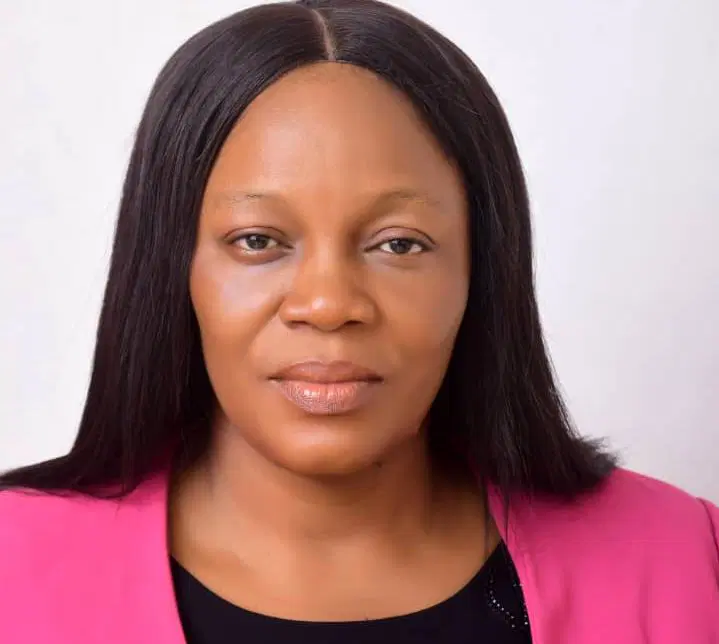Renowned education advocate and child development specialist Nnenna Aniezue has recently emphasized the critical need for early intervention in supporting children with learning disabilities. During a press briefing, she called upon parents, educators, and policymakers to take proactive measures to promote inclusive education.
Importance of Early Intervention
Aniezue highlighted that timely identification and support for children with learning disabilities can significantly enhance their educational success and overall well-being. “Early intervention is very important in helping children with learning disabilities attain the peak of their unique potentials,” she stated, urging society to move beyond stigma and create an enabling environment where these children can thrive.
She pointed out that millions of children worldwide remain undiagnosed or unsupported, which exacerbates the challenges they face. The root causes of this issue include inadequate resources, lack of awareness, and insufficient teacher training.
Pivotal Early Years
Emphasizing the importance of the early years, Aniezue remarked, “The first five years of a child’s life are pivotal. Targeted interventions during this period can significantly enhance cognitive, social, and emotional development.” She advocated for investing in early childhood education as a way to lay the foundation for lifelong learning and success.
Role of Parents and Community
Aniezue also stressed the vital role of parental involvement and community engagement in intervention strategies. “Parents and caregivers are crucial in identifying early signs of learning disabilities,” she noted, explaining that empowering them with knowledge and resources can profoundly impact a child’s life.
Promoting Inclusive Education
In addition to early intervention, Aniezue highlighted the need for inclusive education, pointing out the benefits of diverse classrooms and tailored support. She argued that creating an inclusive educational environment not only benefits children with learning disabilities but enriches the learning experience for all students.
Conclusion
Nnenna Aniezue’s advocacy for early intervention underscores the collective responsibility of society to support children with learning disabilities. By fostering awareness, providing adequate resources, and promoting inclusive education, we can create a nurturing environment that allows every child to reach their full potential. Her call to action serves as a reminder that through collaboration and commitment, we can make a significant difference in the lives of these children and their families.

